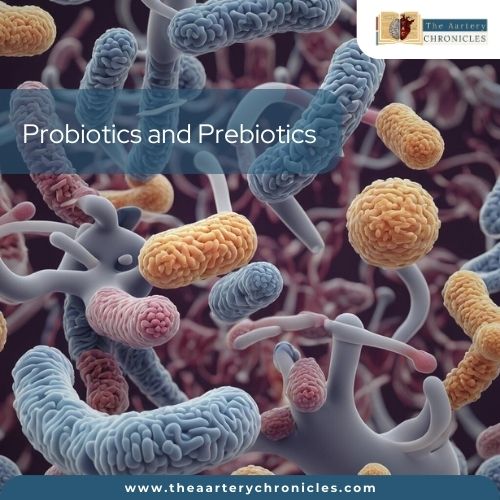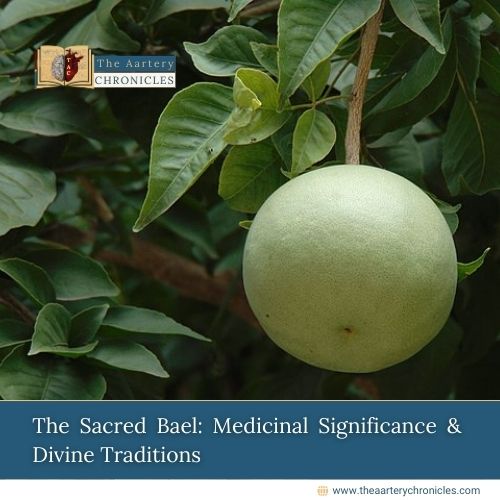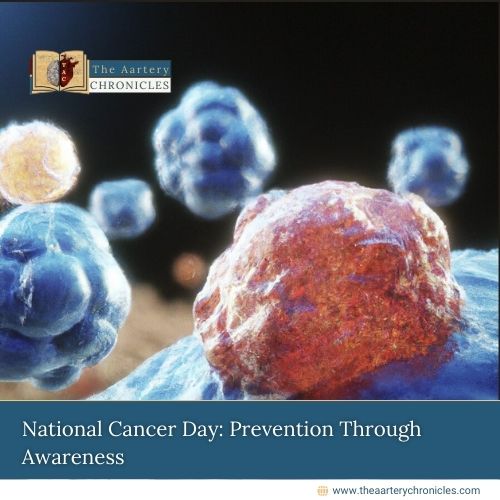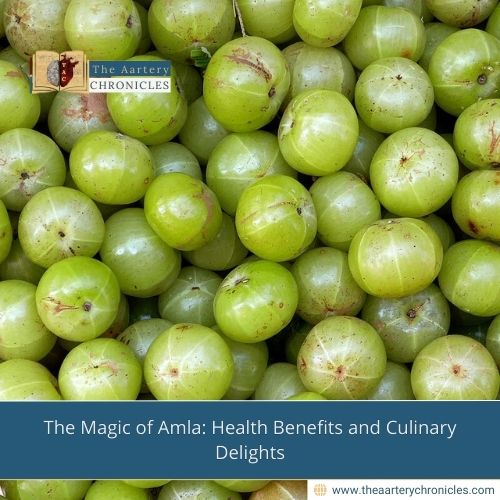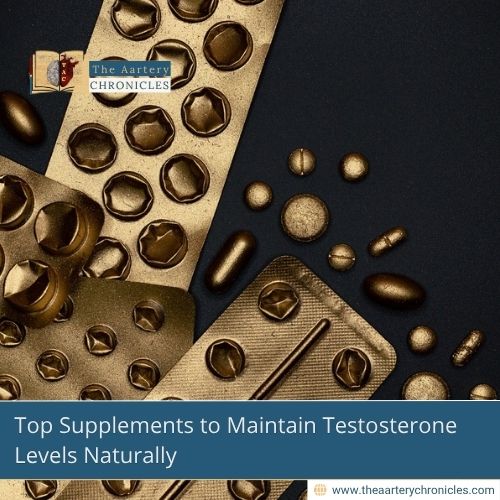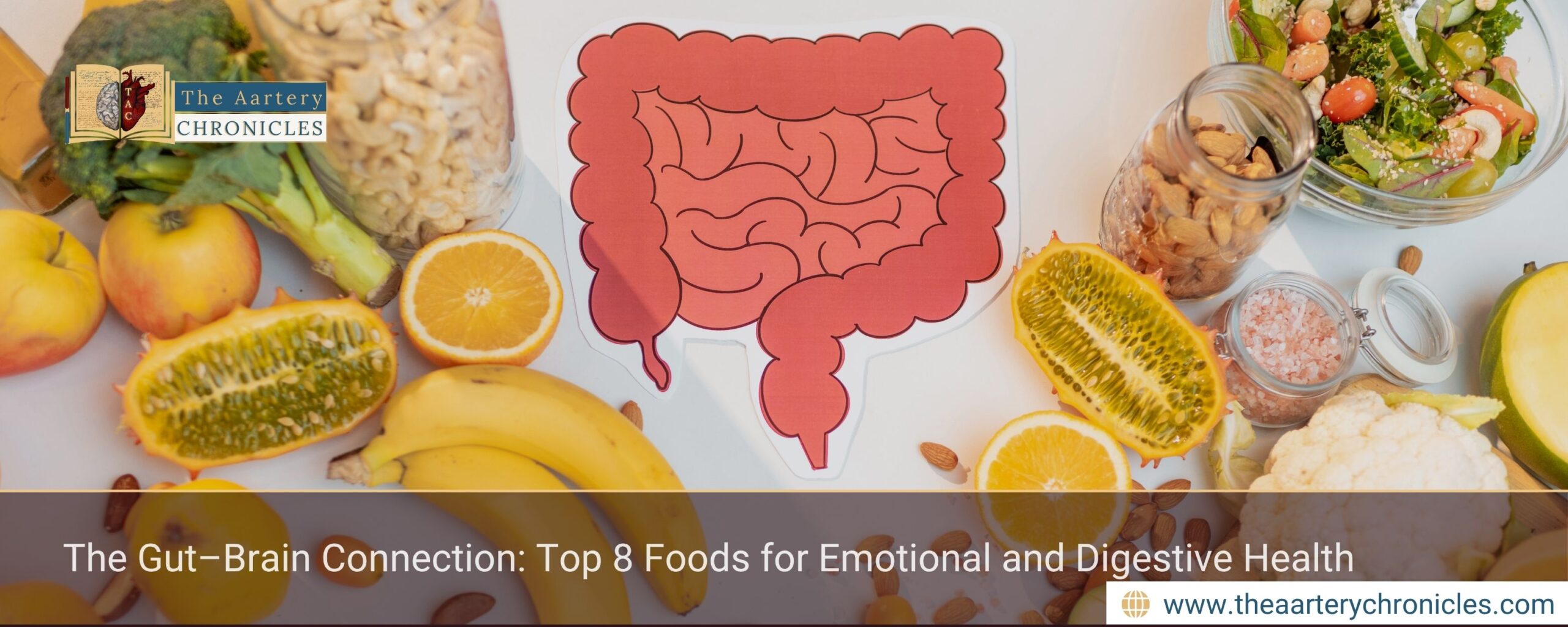
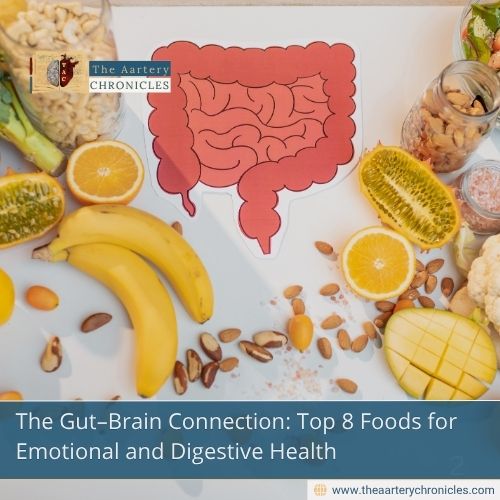
The Gut–Brain Connection: Top 8 Foods for Emotional and Digestive Health
Summary: The gut-brain axis is a two-way communication system that shapes emotions, cognition, and digestion. Stress, diet, and hormones influence this balance, highlighting the need for integrated care.
Introduction
Our digestive system and brain are in constant conversation. What feels like simple mood changes, cravings, or stress often begins in the gut itself. This pathway is called the gut–brain axis which is a complex, bidirectional communication system that directly influences our emotions.
According to the Cleveland Clinic, the gut–brain axis helps regulate food intake and maintain healthy gut bacteria, which in turn supports proper digestion and a calm, balanced mind. The key players in this system include the enteric nervous system, the vagus nerve, and the trillions of microorganisms that make up the gut microbiome.
This two-way communication means that the food we eat doesn’t just affect digestion but also impacts mood and emotional regulation, depending on whether it promotes or disrupts the balance of gut bacteria. Recently, the concept of psychobiotics has emerged to explain how external factors, especially diet, can alter the gut microbiome and ultimately impact mental health.
Functions of the Gut–Brain Axis
The gut–brain axis serves several key roles in maintaining both digestive and mental health:
Food preferences and cravings: Signals from the gut can influence what we crave and how much we enjoy certain foods.
Hunger and fullness: This pathway helps regulate appetite, letting the brain know when it’s time to eat and when we’ve had enough.
Metabolism: Gut–brain communication plays a role in how the body breaks down nutrients and manages energy storage.
Food sensitivities: Reactions in the gut can affect not only digestion but also our mood and immune response.
Stress response: The gut talks to the brain during stressful moments, helping to regulate stress hormones and emotional reactions.
Immune support: A healthy gut microbiome strengthens the body’s defense system, making us more resilient overall.
Together, these functions show how digestion and mental well-being are deeply interconnected. A balanced gut not only supports smooth digestion but also contributes to emotional stability, focus, and overall wellness.
8 Foods That Balance the Gut–Brain Axis
- Polyphenol rich foods: Polyphenols are naturally occurring compounds found in plants that act as powerful antioxidants. They help protect the body from oxidative stress, reduce inflammation, and even support healthy brain signaling. Common sources include berries, green tea, dark chocolate, and olive oil. Adding these foods to your diet not only benefits your gut bacteria but also boosts overall mental well-being.
Fiber-rich foods: Dietary fiber is essential for feeding beneficial gut bacteria, helping them thrive and maintain balance. Whole grains, legumes, fruits, and vegetables are packed with fiber that not only supports digestion but also has a positive effect on mood and energy.
Fermented foods: Foods such as yogurt, kefir, kimchi, and sauerkraut naturally contain probiotics—live bacteria that improve gut microbiome diversity. A healthier gut environment has been linked to better digestion, stronger immunity, and more stable mental well-being.
Omega-3 fatty acids: Omega-3s are healthy fats with anti-inflammatory properties that are vital for brain health. Fatty fish like salmon, mackerel, and sardines are rich in omega-3s, which can enhance memory, reduce anxiety, and promote better communication between the gut and brain.
Probiotic supplements: While food is the best source of probiotics, supplements can help restore gut balance when needed. They can support digestion, improve gut–brain signaling, and may even boost mood regulation.
Prebiotic foods: Prebiotics are types of dietary fiber that feed the “good” bacteria in your gut, helping them flourish. Foods like garlic, onions, asparagus, and bananas create a healthier gut environment, which benefits both digestion and mental clarity.
Magnesium-rich foods: Magnesium is a mineral that plays an important role in calming the nervous system and reducing stress. Nuts, seeds, leafy greens, and legumes are great sources, helping support both gut health and relaxation.
Vitamin D sources: Vitamin D is essential for mood regulation and immune function, and it also supports gut microbiome balance. Sunlight exposure, fortified foods, and fatty fish are reliable sources that help maintain optimal levels.
Lifestyle Factors That Influence the Gut–Brain Axis
Everyday lifestyle choices also have a big impact on how well the Gut Brain Axis functions.
Sleep quality: Poor sleep can disrupt gut bacteria, while good rest strengthens both digestion and mental clarity.
Stress management: Chronic stress alters gut flora and increases inflammation. Relaxation techniques like meditation, yoga, or even mindful breathing can help restore balance.
Regular exercise: Moderate physical activity supports gut motility, improves circulation, and has been shown to promote a more diverse microbiome.
Hydration: Drinking enough water helps maintain digestion and supports the movement of nutrients through the gut.
Mindful eating: Slowing down meals and avoiding overeating can reduce stress on the digestive system and improve nutrient absorption.
Conclusion
The gut–brain axis is as vital as any other regulatory system in the human body. Research consistently shows that the food we eat can directly influence our nervous system and overall mental well-being. It goes without saying that being mindful of what we put into our bodies can have a profound impact on both our emotions and gut health.
- Berding K, Vlckova K, Marx W, Schellekens H, Stanton C, Clarke G, Jacka F, Dinan TG, Cryan JF. Diet and the Microbiota-Gut-Brain Axis: Sowing the Seeds of Good Mental Health. Adv Nutr. 2021 Jul 30;12(4):1239-1285. doi: 10.1093/advances/nmaa181. PMID: 33693453; PMCID: PMC8321864.
- Sarkar A, Lehto SM, Harty S, Dinan TG, Cryan JF, Burnet PWJ. Psychobiotics and the manipulation of bacteria-gut-brain signals. Trends Neurosci. 2016;39(11):763–81. [DOI] [PMC free article] [PubMed] [Google Scholar]
- Anderson SC, Cryan JF, Dinan T. The psychobiotic revolution: mood, food, and the new science of the gut-brain connection. National Geographic Books; 2017. [Google Scholar]
- Dinan TG, Stanton C, Cryan JF. Psychobiotics: a novel class of psychotropic. Biol Psychiatry. 2013;74(10):720–6. [DOI] [PubMed] [Google Scholar]
- Long-Smith C, O'Riordan KJ, Clarke G, Stanton C, Dinan TG, Cryan JF. Microbiota-gut-brain axis: new therapeutic opportunities. Annu Rev Pharmacol Toxicol. 2020;60:477–502. [DOI] [PubMed] [Google Scholar]
- Dr Nandini Dayalan
- Health Guide,Nutrition and Diet
- 3 October 2025
- 11:00



